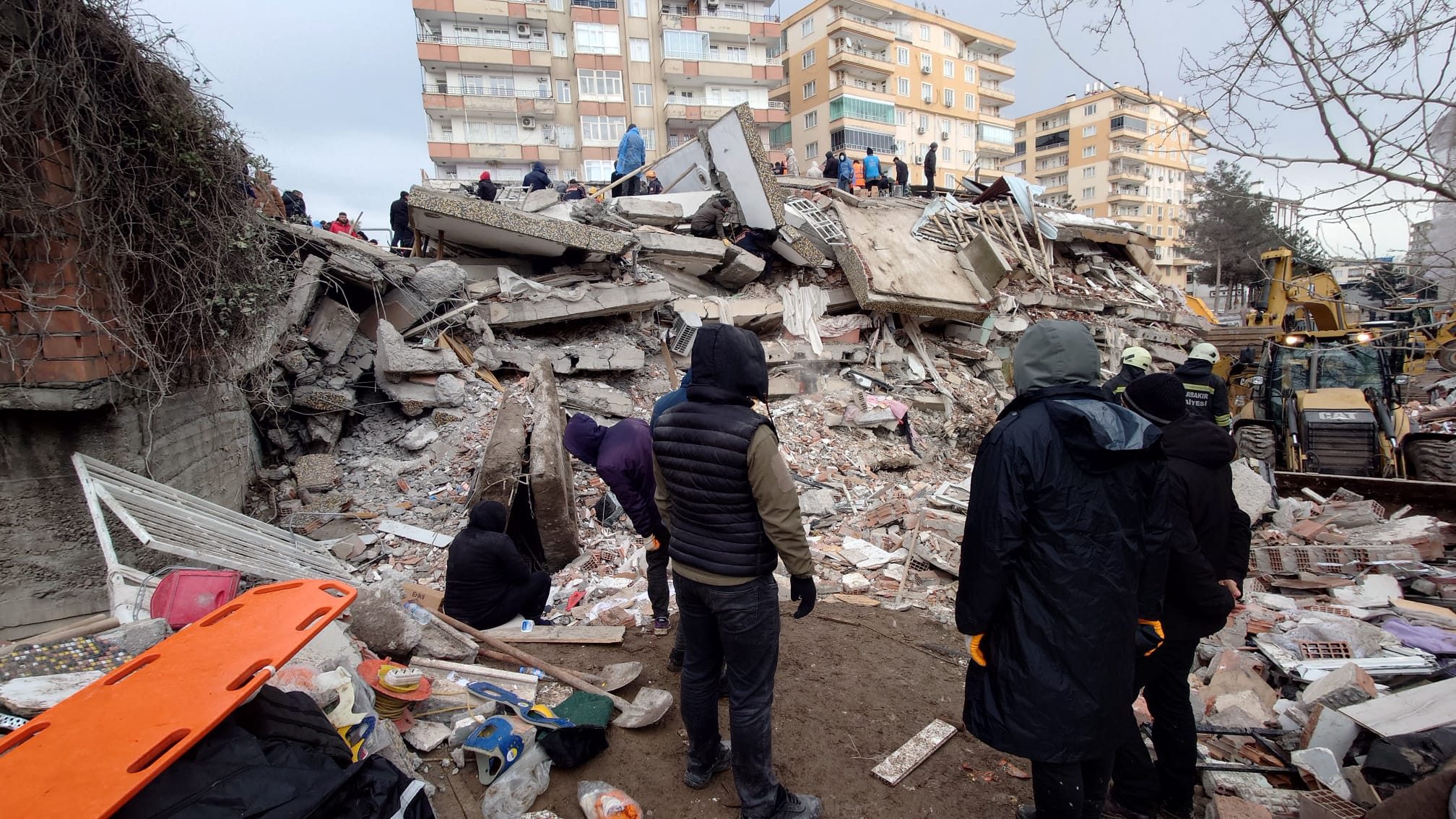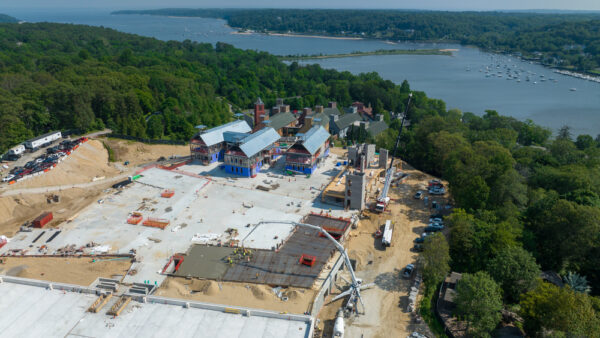
Authorities in Turkey have begun targeting contractors after last week’s catastrophic earthquakes destroyed some 25,000 buildings in southern Turkey and northeastern Syria, leading to the combined deaths of at least 33,000 people so far.
But experts and industry figures have accused the government of President Recep Tayyip Erdogan, who faces an election in May, of scapegoating builders when the focus should be on decades of systematic flouting of building codes, abetted by inspection authorities.
And the spotlight has turned on President Erdogan himself, whose government approved an amnesty of illegally built buildings weeks before the 2018 presidential elections.
At that time, some 1.8 million applications were accepted to have buildings that violated building, fire, and seismic codes accepted as de facto legal, netting the government some $3bn in property taxes and registration fees, according to a contemporaneous report by the New York Times.
Arrests
Yesterday, Turkey’s justice minister Bekir Bozdag told reporters that 134 people with ties to collapsed buildings had been subjected to legal proceedings, while 10 had been arrested and seven more had been barred from leaving the country, the Times reported.
As long as those people are not kept accountable, these things will keep happening
Ali Ozgunduz, former state prosecutor
Those arrested include high-profile contractors whose multi-storey buildings collapsed in the cities of Gaziantep, Adana, and Hatay Province.
Two other contractors responsible for collapsed buildings in Adiyaman were detained yesterday at Istanbul Airport carrying some $17,000 in cash, with plans to fly to Georgia in the Caucasus, reported the Times.
“True culprits”
Experts have objected to focusing blame on builders.
“Rounding up contractors is a deed to respond to public outcry,” Taner Yuzgec, a former president of the Chamber of Construction Engineers, told the Times.
“The true culprits are the current government and the previous governments that kept the system as it is,” Yuzgec added.
Prominent earthquake engineering specialists Prof Mustafa Erdik told the BBC that the widespread death and destruction should be blamed on building codes not being followed.
“We allow for damage but not this type of damage – with floors being piled on top of each other like pancakes,” he said.
Erdik said regulations updated in 2018 specified high-quality concrete reinforced with ribbed steel bars, and that vertical columns and horizontal beams had to be able to absorb tremors.
He said columns would have survived, with damage limited to beams, had the regulations been followed.
Failure at multiple levels
The Times spoke to Ali Ozgunduz, a former state prosecutor who investigated damage caused by the 1999 earthquake.
He said failures at “multiple levels” allowed defective buildings to be built as local officials overlooked code violations.
“As long as those people are not kept accountable, these things will keep happening,” he said.
Prof David Alexander, an expert in emergency planning and management at University College London, told the BBC that while the quakes were violent, they were “not necessarily enough to bring well constructed buildings down”.
“In most places the level of shaking was less than the maximum,” he said, “so we can conclude out of the thousands of buildings that collapsed, almost all of them don’t stand up to any reasonably expected earthquake construction code.”






